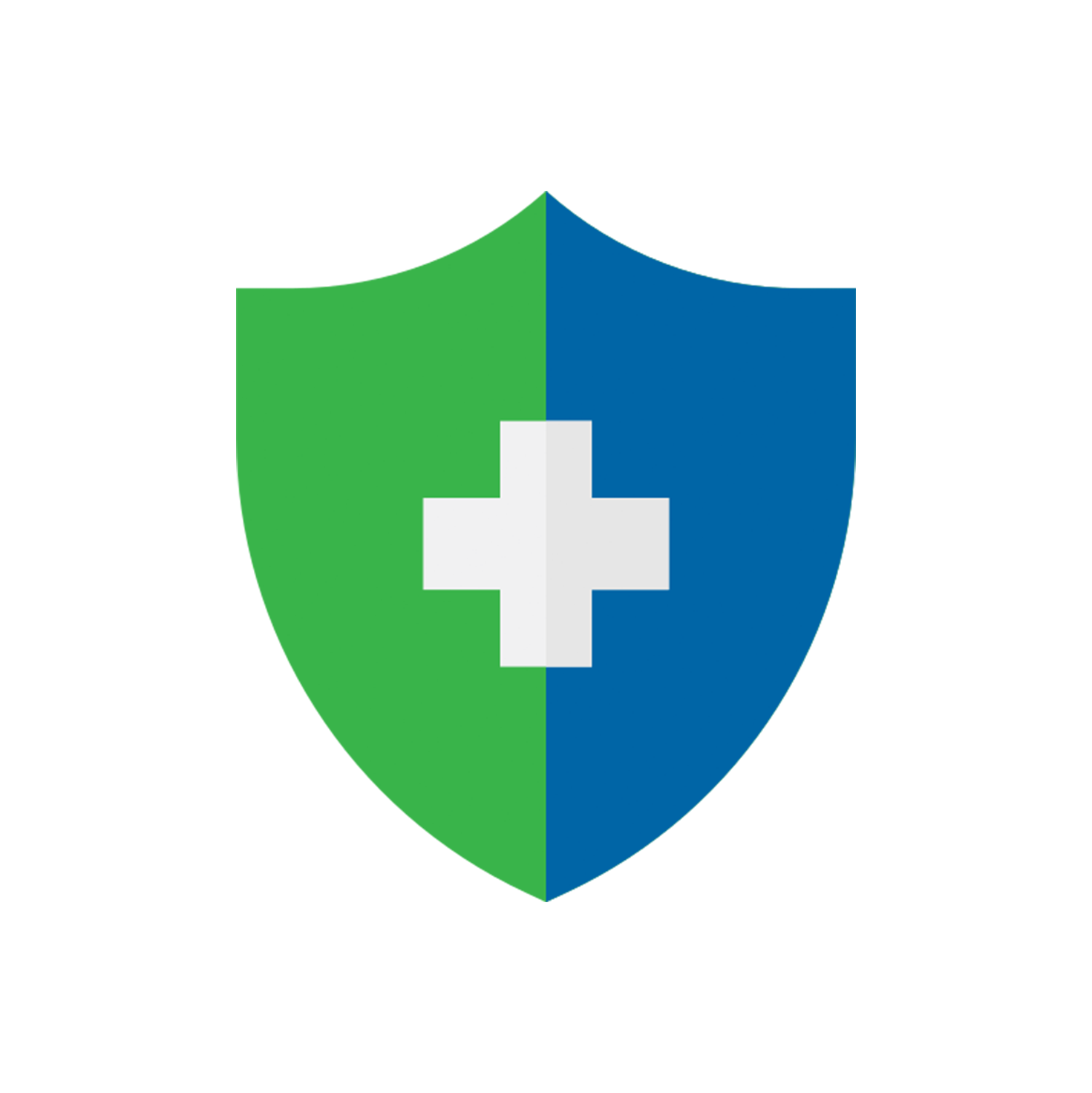Early-stage kidney problems mostly do not have any noticeable signs. Without regular check-ups and timely treatment, the issues may lead to kidney failure and adversely affect other vital organs. In this article, Cigna Smart Health explains its causes, symptoms, treatments and examination for you.
Acute Kidney Failure & Chronic Kidney Failure
No matter bacterial or viral infection, any health problems can damage your kidneys little by little and eventually cause kidney failure. There are two types of kidney failures, which are acute kidney failure and chronic kidney failure. While a persistent deterioration of kidney function contributes to the latter, the former develops rapidly in less than a few days. Let’s take a look at the differences between these two types of kidney failure.
| Acute Kidney Failure | Chronic Kidney Failure | |
| Definition | It occurs when your kidneys suddenly become unable to filter waste products from your blood, resulting in a quickly worsening kidney function. | It refers to a gradual loss of kidney function over months (exceeding three months). It can be staged by the glomerular filtration rate (GFR). |
| Causes |
|
|
| Symptoms |
|
|
Renal Function Index & Kidney Failure
The glomerular filtration rate (GFR) is a renal function index. If your GFR is lower than 60 mL/min/1.73 m2, you may have kidney problems. The index also helps determine how severe your kidney disease is (stage).
| Stages | Severity | GFR Value | Kidney Function |
| Stage 1 | Normal kidney function. You may have hematuria (urine with blood) or proteinuria | >90 | 60% or above of normal kidney function. Regular check-ups are required. |
| Stage 2 | Mild chronic kidney failure. You may have hematuria (urine with blood) or proteinuria | 60-90 | |
| Stage 3 | Moderate chronic kidney failure | 30-60 | 15% to 60% of normal kidney function. Treatments are required to control the condition |
| Stage 4 | Severe chronic kidney failure | 15-30 | |
| Stage 5 | Complete kidney failure | <15 | 15% or below of normal kidney function. Regular dialysis or kidney transplant is needed. |
Kidney Function Tests
Chronic kidney diseases can be diagnosed by blood tests and urine tests. The former looks for the level of waste products, such as creatinine (Cr) and urea, in your blood to calculate the GFR value, while the latter analyses a sample of your urine to reveal abnormalities, such as proteinuria and hematuria. Below are the common kidney function tests.
- Blood tests
- Urine tests
- Urinalysis to test for anything unusual, including atypical protein, sugar, red blood cells and white blood cells that spills into your urine
- Ultrasounds
- MRIs
- Kidney biopsy
Fees of Kidney Function Tests
Kidney function tests conducted in the outpatients of local medical organisations cost from HK$140 to HK$725. The costs are higher for hospitalised tests. For more details, please reach out to the related hospitals or clinics.
| Medical Organisations | Items | Outpatient Fees* |
| Hong Kong Sanatorium & Hospital | Renal function tests (including urea, creatinine, sodium, potassium, chloride and bicarbonate) | HK$140 per item |
| Hong Kong Baptist Hospital | Renal function tests (including urea, creatinine, sodium, potassium) | HK$170 per item |
| Union Hospital | Renal function tests | HK$530 |
| Evangel Hospital | Renal function tests (including urea, creatinine, sodium, potassium, chloride, bicarbonate) | HK$530 |
| St. Paul's Hospital | Renal function tests | HK$560 |
| Gleneagles Hospital | Renal function tests | HK$600 |
| Precious Blood Hospital (Caritas) | Renal function tests | HK$620 |
| St. Teresa's Hospital | Renal function tests (including urea, creatinine, sodium, potassium, chloride, bicarbonate, protein (total), albumin and A/G Ratio) | HK$630 |
| Hong Kong Adventist Hospital – Stubbs Road | Renal function tests (including BUN, creatinine, sodium, potassium, phosphorus and chloride) | HK$645 |
| Hong Kong Adventist Hospital – Tsuen Wan | Renal function tests (including BUN, creatinine, sodium, potassium, phosphorus and chloride) | HK$683 |
| Canossa Hospital (Caritas) | Renal function tests | HK$725 |
*Charges taken from the respective medical organisation as of 15 Dec 2021
Lifestyle and Home Remedies for Kidney Failure
Nowadays, there is no curable treatment for chronic kidney failure, so you can only delay the deterioration of your renal function through diet and medications. Below are some suggested lifestyle and home remedies.
1. Limit your protein intake
Excessive protein intake creates an extra burden for your kidney and speeds up the deterioration of your renal function. Therefore, you should control the amount of protein you consume daily.
2. Low sodium, potassium and phosphorus diet
High sodium intake leads to high blood pressure which raises the risk of renal failure. Besides, limiting the amount of potassium and phosphorus you have can also avoid numbness in your fingers, muscle weakness, itchy skin and bone lesions.
3. Limit the amount of water you drink
Kidney failure results in the inability to eliminate water waste. Therefore, excessive intake of water may overload your kidney, causing swelling and shortness of breath.
4. Control your blood pressure
If you have kidney failure, you should control your blood pressure at a level lower than 130/80mmHg. If you observe any abnormalities in blood pressure, please consult your doctor at your earliest advance to avoid worsening the condition.
5. Be active with exercises
Exercising regularly can foster the elimination of toxins, strengthen your heart and lungs, improve your cardiovascular health and stabilise your blood pressure. However, people with kidney failure should consult their doctors before exercising for a suitable amount of time and intensity.
6. Visit your doctor regularly
Apart from receiving medications and dialysis, you should visit your doctor regularly to track and control your condition.
Kidney failure can adversely affect other vital organs and can be vital. Once it develops to the final stage, you must receive dialysis to eliminate water waste out of your body. Early diagnosis can control the condition, mitigate the risk of complications, and raise the survival rate.
Chronic kidney disease can be primary or secondary. No matter which types of renal disease are, the early signs are hardly noticeable. Therefore, please act fast and receive an examination as soon as possible once suspected. Cigna VHIS Series Flexi Plan (Superior) offers you full protection without medical network limitation, covering fees incurred from diagnostic imaging tests, hospitalization, etc. Click here to learn more!
Source
© Cigna Healthcare 2023
Information provided in this article is intended for health and fitness purposes only and is not intended for use in the diagnosis of disease or other conditions, or in the cure, mitigation, treatment or prevention of disease (see Terms & Conditions for details). Any health-related information found in this article is available only for your interest and should not be treated as medical advice. Users should seek any medical advice from a physician, especially before self-diagnosing any ailment or embarking on any new lifestyle or exercise regime. Any information contained in this article may not be suitable, accurate, complete or reliable. Cigna Healthcare accepts no responsibility for the content or accuracy of information contained on external websites or resources, or for the security and safety of using them. "Cigna Healthcare" and the "Tree of Life" logo are registered trademarks of Cigna Intellectual Property, Inc. in the United States and elsewhere, licensed for use. All products and services are provided by or through operating subsidiaries, and not by The Cigna Group.




